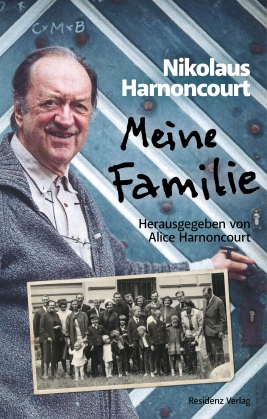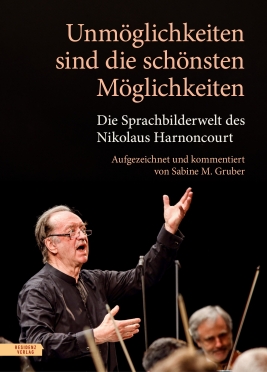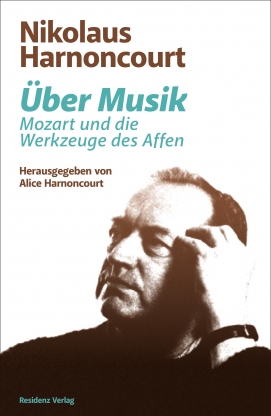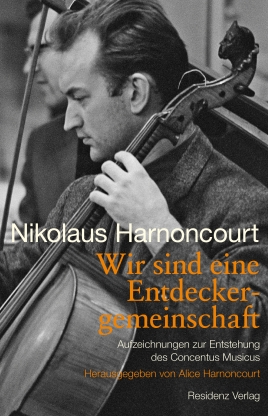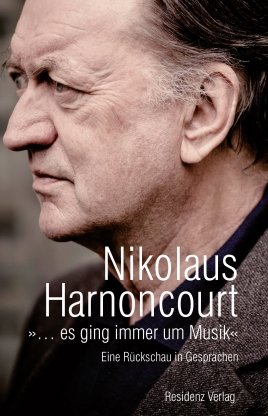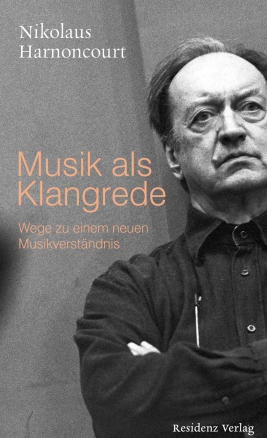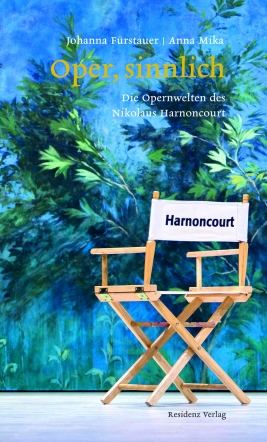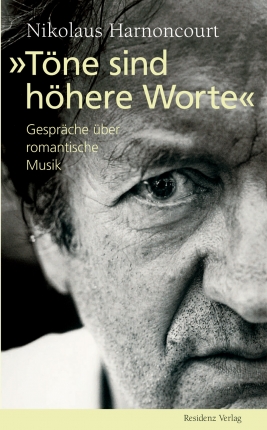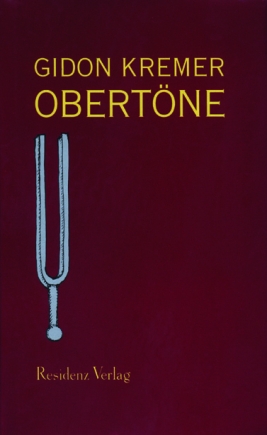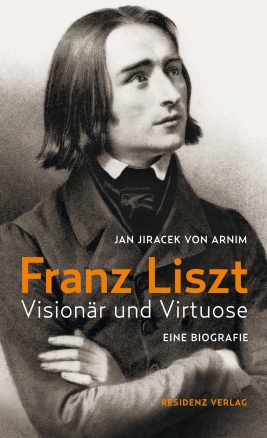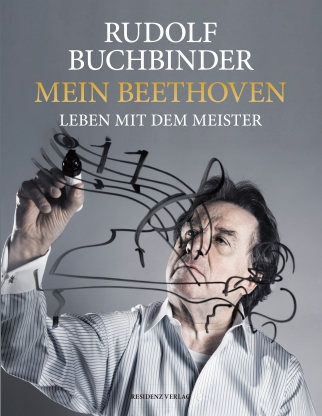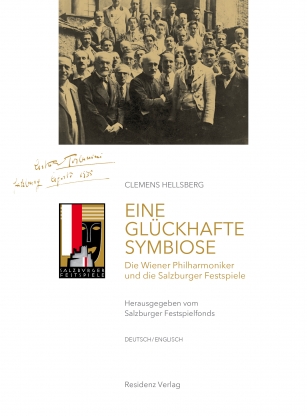Die Erinnerungen des Dirigenten Nikolaus Harnoncourt sind die fesselnde Beschreibung einer reichen Kindheit. (…) Wie Harnoncourt der wurde, der er war, das lässt dieses Buch erahnen.
[Quelle: Jan Brachmann, FAZ]
Eine spannende Kulturgeschichte, gewürzt mit Essays über Lüge, Geschmack und Lachen.
[Quelle: Ljubiša Tošić, DER STANDARD]
Familiensaga eines Dirigenten: Ein posthum erschienenes Buch von Nikolaus Harnoncourt gibt Einblicke in die illustre Verwandtschaft des Musikers, dessen Karriere als „Brüll- und Nein-Kind“ begonnen hat.
[Quelle: Martin Behr, SALZBURGER NACHRICHTEN]
Kultur- und zeithistorisch spannend; der große Dirigent über seine Familie (…). Guter Geschichte(n)-Erzähler!
[Quelle: Christian Lehner, KÄRNTNER WOCHE]
Ein tiefer, persönlicher und (natürlich) penetrant genauer Einblick in die Familiengeschichte des genialen Musikers und Dirigenten Nikolaus Harnoncourt.
[Quelle: Helmut Atteneder, OÖ NACHRICHTEN]
Wunderbares, mit Bildern und Skizzen versehenes Werk
[Quelle: Reuters, VN]
Beim Lesen merkt man fast erschrocken, wie sehr Harnoncourt fehlt.
[Quelle: TIROLER TAGESZEITUNG]
Im pointiert treffsicheren, manchmal auch sehr nachdenklichen „Urtext“ Harnoncourts beschreibt er seine Kindheit und Jugend, die Not und Folgen des Zweite Weltkrieges, die Schnurren und Codes des adeligen Standes seiner Familien Meran und Harnoncourt sowie die Zeit der politischen und gesellschaftlichen Veränderungen, in die Nikolaus Harnoncourt hineingeboren wurde.
[Quelle: Ursula Magnes, RADIO KLASSIK]
(…) weitreichende, kurzweilige und kluge Aufzeichnungen (…).
[Quelle: Michaela Gründler, APROPOS]
Welch Glück! Man erlebt nicht nur den kleinen Nikolaus, dessen Lieblings-Antwort „Nein“ ist, um sich in Ruhe seine eigene Meinung zu bilden, man taucht auch ein in eine Welt, die geprägt ist vom Untergang des Adels, dem Aufkommen der Nationalsozialisten, dem Zusammenhalt der Familie und der Wichtigkeit von Musik.
[Quelle: Michaela Gründler, APROPOS]
Doch Nikolaus Harnoncourt, der vor zweieinhalb Jahren gestorbene Ahnvater der Aufführungspraxis, ist noch immer präsent. Weil kein Dirigent, Instrumentalist und Sänger an seinen Erkenntnissen vorbeikommt.
[Quelle: Markus Thiel, MERKUR]
Ein Kaleidoskop, so wunderlich, kreativ und anarchisch, wie Nikolaus Harnoncourt selbst einst war.
[Quelle: MÜNCHNER MERKUR]
Was für ein Buch!
[Quelle: Martin, Geiling, GIESSENER ANZEIGER]
Der geistreiche Witz und gesunde Humor einer künstlerischen Frohnatur kommen dabei nicht zu kurz und werden nicht nur die musikalischen Leser unterhalten.
[Quelle: OBERÖSTERREICHISCHES VOLKSBLATT]
Ergänzt wird diese persönliche, manchmal überraschend selbstkritische Familiengeschichte um sechs Essays (…) auch für Uneingeweihte von Interesse (…).
[Quelle: Hans-Dieter Grünefeld, DAS ORCHESTER]
Aber auch als Nichtfamilienmitglied liest man diese Notizen und Erinnerungen, mit tatsächlich sehr viel Vergnügen.
[Quelle: Susanne Kübler, TAGESANZEIGER]
Was für ein Buch! Was für eine Familie, was für Geschichten, Charaktere, Dramen – und was für eine Zeit politischer und gesellschaftlicher Umbrüche.
[Quelle: Martin Geiling, ALLGEMEINE ZEITUNG MAINZ]
Mit einer großen Portion Selbstironie beschreibt er seine frühe Kindheit. (…)
Harnoncourts Schreibstil ist unbekümmert und leicht, viele Dialekteinschübe machen das Lesen zu einem Vergnügen. (…), bemerkenswertes und empfehlenswertes Buch.
[Quelle: Dorothee Riesenkönig, OPERAPOINT]
Nikolaus Harnoncourt erzählt von seiner Familie – eine überaus lesenswerte Trouvaille aus dem Nachlass des großen Dirigenten.
[Quelle: Marianne Zelger-Vogt, NEUE ZÜRCHER ZEITUNG]
